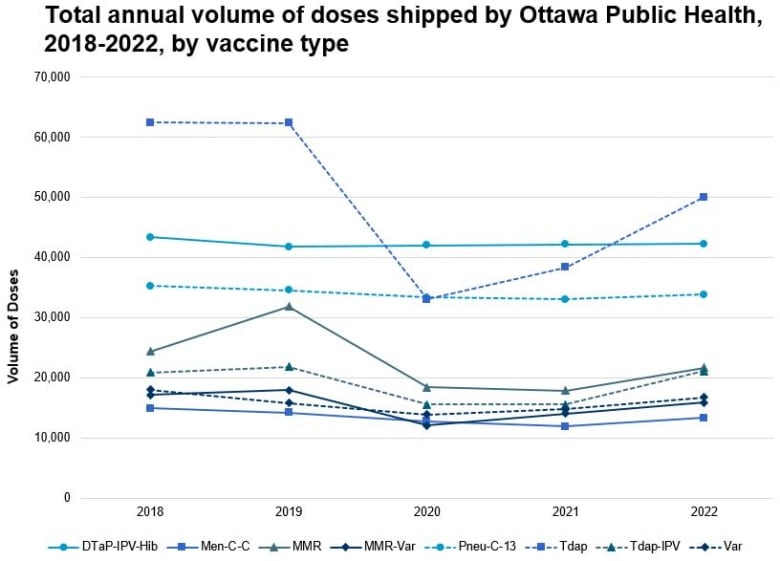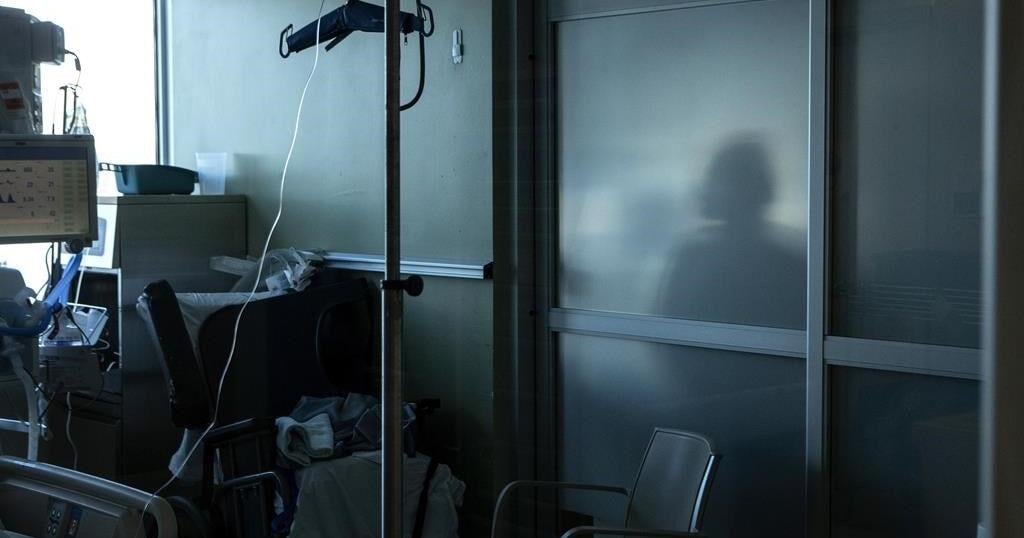Patients who are older, don’t speak English, and don’t have a high school education are more likely to experience harm during a hospital stay in Canada, according to new research.
The Canadian Institute for Health Information measured preventableharmful events from 2023 to 2024, such as bed sores and medication errors,experienced by patients who received acute care in hospital.
The research published Thursday shows patients who don’t speak English or French are 30 per cent more likely to experience harm. Patients without a high school education are 20 per cent more likely to endure harm compared to those with higher education levels.
The report also found that patients 85 and older are five times more likely to experience harm during a hospital stay compared to those under 20.
“The goal of this report is to get folks thinking about equity as being a key dimension of the patient safety effort within a hospital,” says Dana Riley, an author of the report and a program lead on CIHI’s population health team.
When a health-care provider and a patient don’t speak the same language, that can result in the administration of a wrong test or procedure, research shows. Similarly, Riley says a lower level of education is associated with a lower level of health literacy, which can result in increased vulnerability to communication errors.
“It’s fairly costly to the patient and it’s costly to the system,” says Riley, noting the average hospital stay for a patient who experiences harm is four times more expensive than the cost of a hospital stay without a harmful event – $42,558 compared to $9,072.
“I think there are a variety of different reasons why we might start to think about patient safety, think about equity, as key interconnected dimensions of health-care quality,” says Riley.
The analysis doesn’t include data on racialized patients because Riley says pan-Canadian data was not available for their research. Data from Quebec and some mental health patients was also excluded due to differences in data collection.
Efforts to reduce patient injuries at one Ontario hospital network appears to have resulted in less harm. Patient falls at Mackenzie Health causing injury are down 40 per cent, pressure injuries have decreased 51 per cent, and central line-associated bloodstream infections, such as IV therapy, have been reduced 34 per cent.
The hospital created a “zero harm” plan in 2019 to reduce errors after a hospital survey revealed low safety scores. They integrated principles used in aviation and nuclear industries, which prioritize safety in complex high-risk environments.
“The premise is first driven by a cultural shift where people feel comfortable actually calling out these events,” says Mackenzie Health President and Chief Executive Officer Altaf Stationwala.
They introduced harm reduction training and daily meetings to discuss risks in the hospital. Mackenzie partnered with virtual interpreters that speak 240 languages and understand medical jargon. Geriatric care nurses serve the nearly 70 per cent of patients over the age of 75, and staff are encouraged to communicate as frequently as possible, and in plain language, says Stationwala.
“What we do in health care is we take control away from patients and families, and what we know is we need to empower patients and families and that ultimately results in better health care.”
This report by The Canadian Press was first published Oct. 17, 2024.
Canadian Press health coverage receives support through a partnership with the Canadian Medical Association. CP is solely responsible for this content.



























